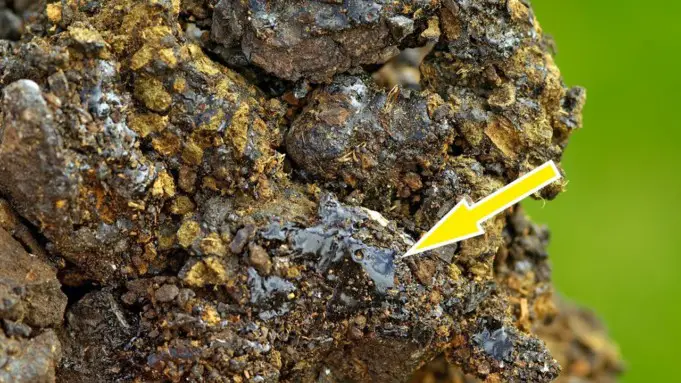Shilajit has been found to have strong immune-boosting properties, and researchers credit the high levels of fulvic acid to be the reason for this. Research has also shown that shilajit may also helps against allergies.
There are many researchers, including a notable researcher of Shilajit, Ghosal, believed that shilajit can help with allergies. Although extensive research regarding its action against allergies is extremely limited, with no in vivo experiments on animal models, there is evidence that suggests shilajit can help benefit those who suffer from allergies.
The findings do not suggest the use of shilajit as a cure against allergies, nor does it suggest that shilajit be used as an alternative to anti-allergy medication, although there is a ray of hope it could.
What the findings suggest is shilajit shows a strong prohibitive effect against a major allergic process. The study also suggests safety of use even for people with allergies and may be able to help them deal with the allergies in conjunction with medication.
When a foreign substance enters the body, regardless of whether it is harmful or not, the immune system may react to it. When it finds the foreign substance as harmful, the immune system starts overreacting causing allergic reactions.
The foreign substance is what is known as an allergen and our immune system reacts by producing immunoglobulin E, their reaction towards each other results into an allergic reaction.
The most common symptom associated with allergies is being uneasy, uncomfortable, or having an unbearable feeling. Sneezing, runny noses and rashes are pretty common responses to allergens. In worst cases, breathing problems can occur and may lead to a life-concerning reaction called anaphylaxis.
Mast Cell Degranulation
Shilajit was found to help against allergies by preventing a process called mast cell degranulation. Thus, a brief introduction to mast cells and mast cell degranulation is important to understand the action.
Mast cells are cells in connective tissue filled with granules like heparin and histamine. These cells are found all over the body, but mostly around blood vessels, gut lining and all over the respiratory tract.
Mast cell degranulation occurs when allergens enter the body through the many portals (mouth, skin, nose, gastrointestinal) of our body causing the release of antibodies. These antibodies are made by our immune system and intend to protect it from these foreign invaders.
Some of the antibodies stay in the mast cell surface. When mast cell surface receptors are activated, due to the presence of the allergen, mast cell degranulation occurs. This causes the release of the granules and the many pharmacologically active substances found inside the mast cell-like histamine, developing allergic symptoms.
Various research has found that shilajit offers a protective effect against mast cell degranulation. Thus it effectively blocks the release of active substances like histamine.
In an in vitro test, shilajit was investigated on sensitized guinea pig iluem, influenced by antigens. The test revealed that shilajit actively protected against mast cell degranulation by the allergens, with effect varying in intensity based on dose.
Other sources agree that shilajit has anti-allergic benefits by effectively preventing the release of histamine, although specifics on their research is not known, but only mentioned in various citations.
Research reveals that what gives shilajit its immune boosting properties may be responsible for the anti-allergic effects. In particular the fulvic acid levels, 4’-methoxy-6-carboxyphenylmethyl and di-benzo a-pyrones are likely to be responsible for this effect.
Although the test was done in vitro and does in no way provide a 100% guarantee that it will help against allergies, the existing research does offer some level of clarity to users of shilajit. More studies need to be conducted to better understand the anti-allergic benefits of shilajit and if there are other biological that it acts on.
Existing research is a stepping ground that can lead to additional testing. Who knows, maybe science will discover that shilajit can help train the immune system against allergic reactions or maybe shilajit can help improve the effects of anti-allergy medications.












